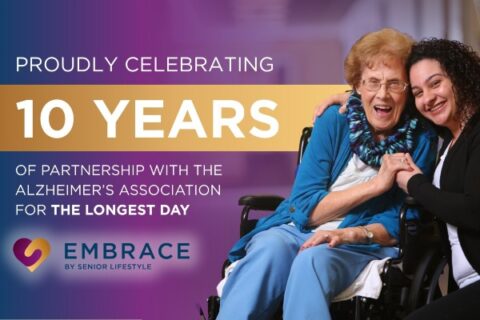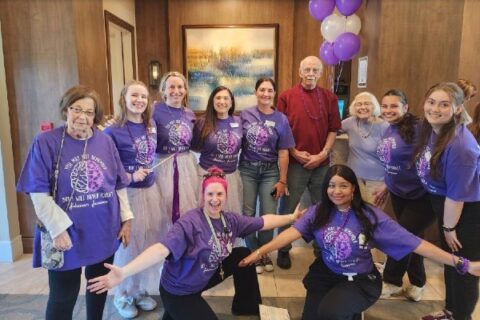The Benefits of Resistance Training for Seniors
By Senior Lifestyle | July 11, 2025
Resistance training – also known as strength training – is a safe and effective way for seniors to build strength, support balance, and maintain independence. It can include lifting light weights, using resistance bands, or…










